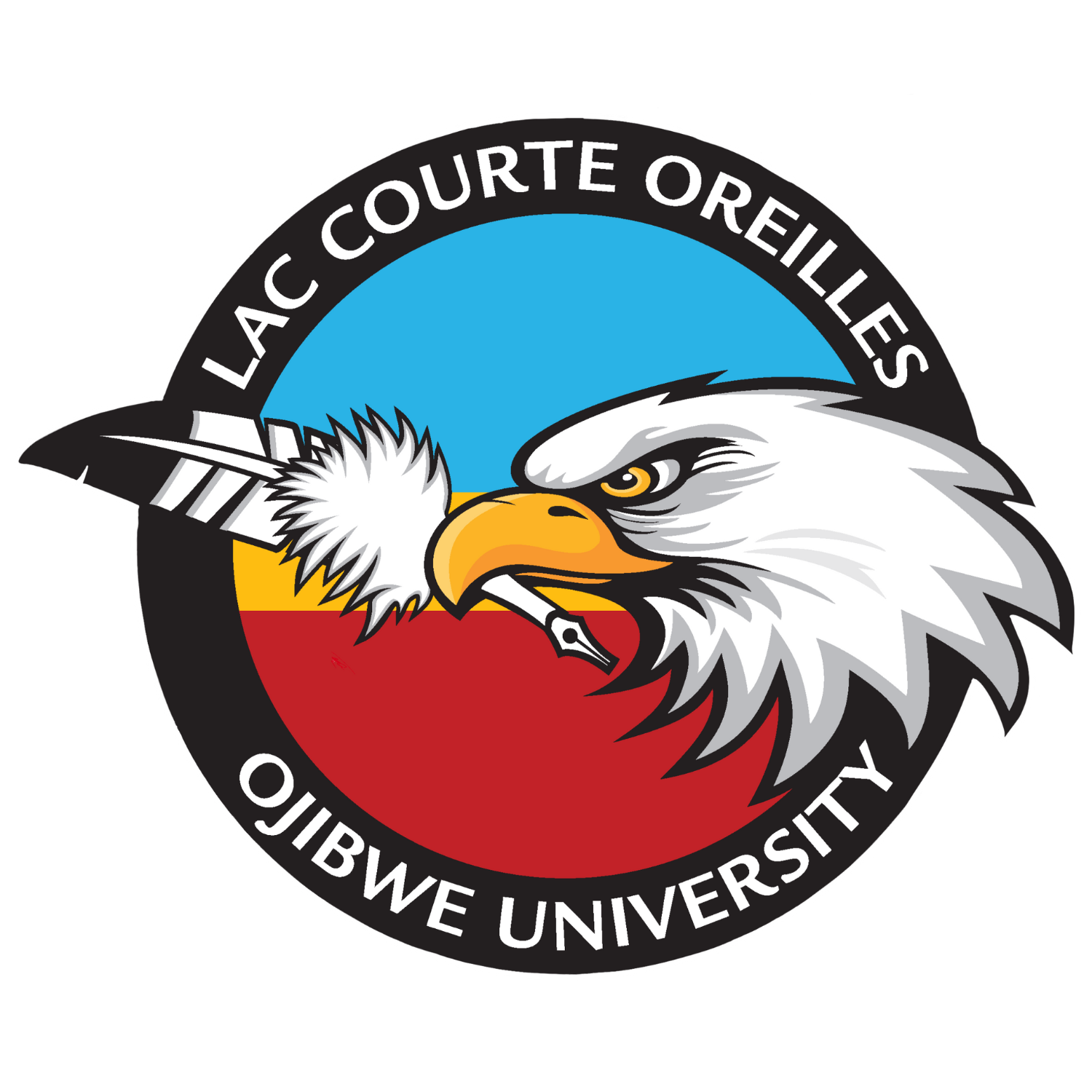Student Right To Know
The Student Right to Know Act, 34 C.F.R. 668, requires that institutions receiving Title IV funding disclose certain information to current and potential students and employees.
Withdrawal Policy
Administrative Withdrawal
Students who register for classes but who are incapable of attending may be withdrawn from all classes by the institution. Though the “AW” appear on the transcript, it will not affect the student’s overall grade point average. It does, however, affect completion rate for the purposes for determining academic standing (see the Satisfactory Academic Progress policy for more information
An administrative withdrawal exists to allow a student who is incapable of withdrawing to withdraw from courses without penalty. As an example, a student who is hospitalized and incapable of either attending classes or filling out the necessary paperwork in person to drop those classes may be administratively withdrawn. An administrative withdrawal is not intended to remove the onus for personal responsibility from students: if you need to withdraw from classes, you must do so yourself. The administrative withdrawal will be used sparingly and only with due process and documented concerns. Administrative withdrawals will be processed by the Registrar upon receipt of documentation addressing the student’s circumstances.
Withdrawal
Students may withdraw from courses after the 10th academic calendar day through the “last day to withdraw” as specified on the University’s academic calendar. A grade of “W” will appear on the transcript and repayment of financial aid may be required.
Refund Policy
Return of Title IV Funds
The Return of Title IV Funds formula dictates the amount of Title IV aid that must be returned to the Federal Government by the college and the student. The programs that are under this policy are the Federal Pell Grant and FSEOG Grant or other federal aid other than FWS. The priorities for restoring funds are Federal Pell Grant first, and then the FSEOG Program and lastly, other Title IV grant funds. A school must always return any unearned Title IV funds it is responsible for returning within 45 days of the date the school determined the student withdrew.
Title IV Refunds
If a student withdraws from all of their classes before 60% of the semester has been completed, LCOOU or the student, or both, may be required to return all or a portion of the Title IV funds that were awarded to the student, with the exception of Federal Work Study. The percentage of federal aid to be returned (unearned aid) is equal to the number of calendar days remaining in the semester when the withdrawal takes place divided by the total number of calendar days in the semester. Scheduled breaks of more than four consecutive days are excluded. If a student has completed more than 60% of the semester, all aid is considered to be earned, and the “return of funds” regulations no longer apply.
Disability Services
Students who have a disability, either permanent or temporary, which might affect their ability to perform in a class, are encouraged to access Disability Services. Students with documented disabilities may be eligible to receive accommodations to ensure equitable participation. In accordance with the American Disabilities Act, the college designates parking spaces for disabled visitors and students. There is a wheelchair available upon request. The campus is barrier free and accessible to those in wheelchairs. For more information, contact the Student Success Program Director, Roxanne Martinson.
Financial Assistance
Return of Title IV Funds
The Return of Title IV Funds formula dictates the amount of Title IV aid that must be returned to the Federal Government by the college and the student. The programs that are under this policy are the Federal Pell Grant and FSEOG Grant or other federal aid other than Federal Work Study. The priorities for restoring funds are Federal Pell Grant first, and then the FSEOG Program and lastly, other Title IV grant funds. A school must always return any unearned Title IV funds it is responsible for returning within 45 days of the date the school determined the student withdrew.
Annual Security Report
Title II Crime Awareness and Campus Security Act of 1990. This Act requires institutions participating in the student financial aid programs under Title IV of the Higher Education Act of 1965 to disclose information about campus safety policies and procedures and to provide statistics concerning whether certain crimes took place on campus.
Complaint Process
Student Complaints and Grievances
https://lco.guardianconduct.com/conduct-incidents
Notice of Nondiscrimination
We are compliant with Title IX which prohibits discrimination on the basis of race, color, religion, sex, national origin, age, disability
Lac Courte Oreille Ojibwe University (LCOOU) participates in the State Authorization Reciprocity Agreement (SARA). As a member of SARA, any current or former student of a distance education program offered by LCOOC, beginning with its participation in SARA, may file a complaint with Wisconsin’s Distance Learning Authorization Board (DLAB) for LCOOU distance education activity conducted across state lines under specific and limited circumstances. For more information on the types of complaints handled by DLAB, steps to be taken before filing a complaint with DLAB, and the process to file a complaint with DLAB, see DLAB’s student complaint process (http://www.heab.state.wi.us/dlab/students.html).
Questions?
Contact Danielle Carley, Associate Dean of Student Affairs & Work Based Learning Program Director at dcarley@lco.edu.
